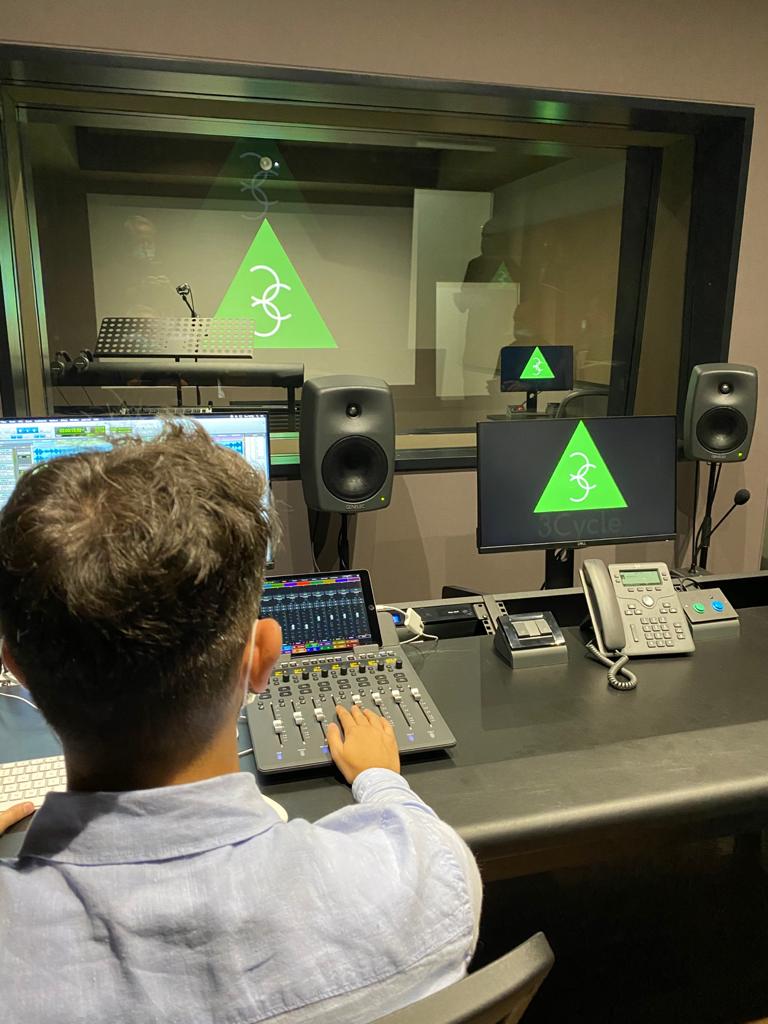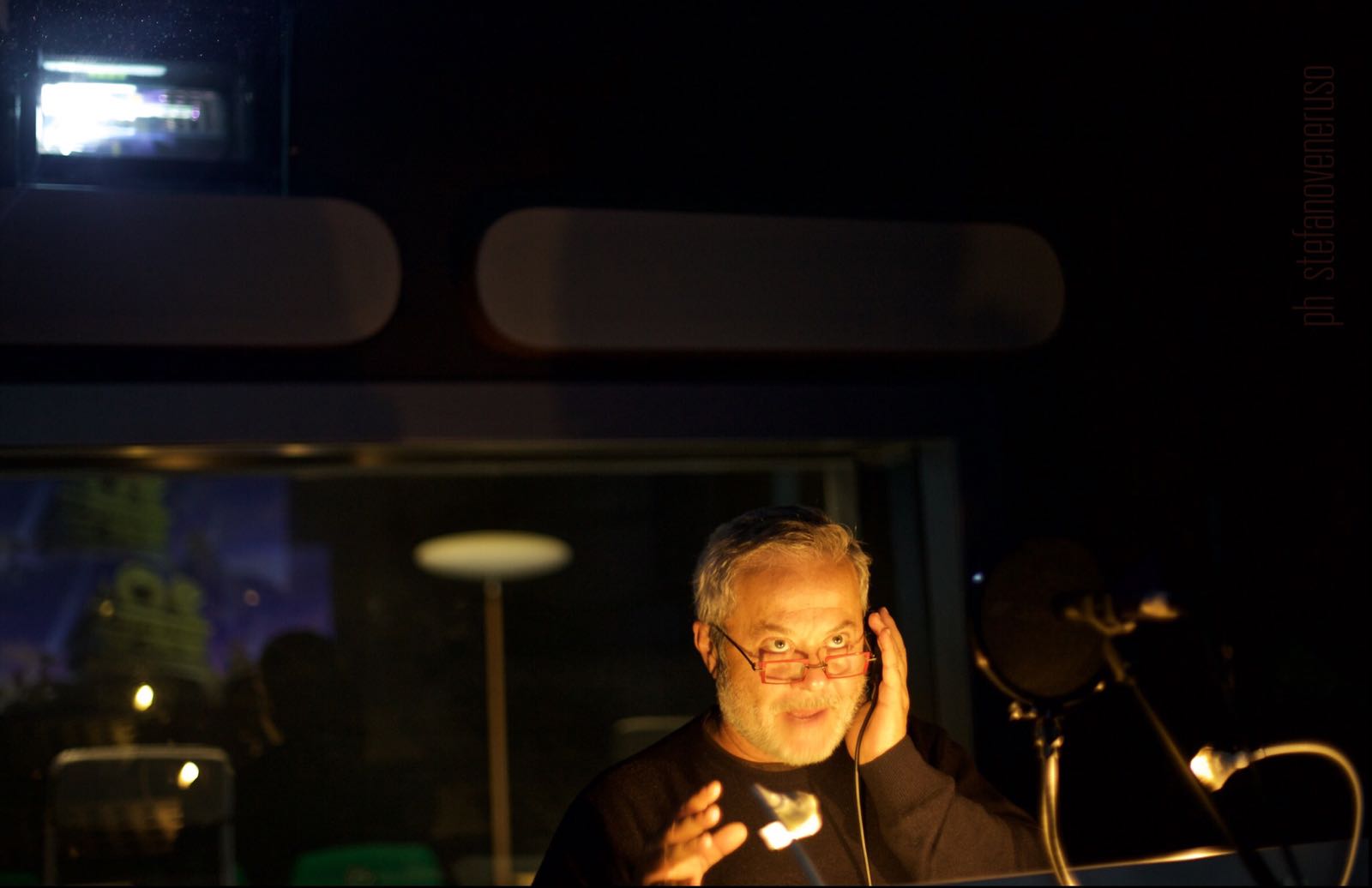«Italy’s dubbing school has a long, serious tradition. We are one of the reasons why our cinema is so renowned and duly acknowledged around the world. It has always been said that our dubbing style is unique. We used to work a lot with films to be released in cinema theatres, but now plenty of work is shifting towards TV products. Film-making is changing, as well as economic parameters and timeframes. We must acknowledge that we are witnessing a big change, but we cannot take in too much work if it ends up being detrimental to the quality of our work.» That’s a short excerpt of the interesting article, “Dubbing no longer works in Italy. Ilaria Stagni, from the Simpsons to Scarlet Johansson: Let me explain why streaming TV is to blame”, written by dubber Ilaria Stagni and published on Open.

We feel we can share such a view, but Marco Guadagno would like to add a thought: «Sure, over the past years quality has faded a bit, as a result of lower profits for the dubbing sector, but we don’t think it’s fair to generalise and oversimplify things. On the contrary, we think that Netflix pays great attention to dubbing quality, especially in recent years; hence, if the positive trend continues, we shall soon see the results.
Insiders and dubbers must surely put all their good will in the reclamation of the dubbing sector, but that goes for clients too (meaning streaming platforms, producers, distributors).
3Cycle takes its job and this task very seriously. That is why, among other things, we have recently inaugurated a new dubbing studio, the 3Cycle Lab, to restore the proper quality of dubbing and take it back to its original heights.
While quality has been somewhat penalised by the vast availability of audio-visual products, it is also true that some resist and keep on doing their best. And there’s something else: training is no longer what it used to be, and that’s not just the client’s fault. For years dubbing has been in a league of its own; now it should open up to new subjects, but the problem is still security and piracy. Thus, nobody can attend the working sessions, nobody can enter the dubbing studio if they’re not actually on a dubbing shift, and this means there are less opportunities for training on the job.
There are very few serious dubbing schools, they often charge fees but teach very little; only some actually work and only very few people that attend them are actually capable of doing this job, with the due professionalism and background.
Nevertheless, criticising everything the whole time is not the solution. If quality has gone down, we should try to do something to improve the situation. Over the past years many dubbers ‘settled’ with the idea that, once you get your foot in the door, the dubbing world ensure decent pay, without ever doing anything to raise the industry’s quality. Nobody did anything. Everyone focused on the economic aspect only, rather than on what they could pass on to the next generation of dubbers. But boosting the sector’s quality requires several actions, including proper training, with experienced dubbers handing down their know-how to the newcomers. This can lead to a brighter, more professional future.»








